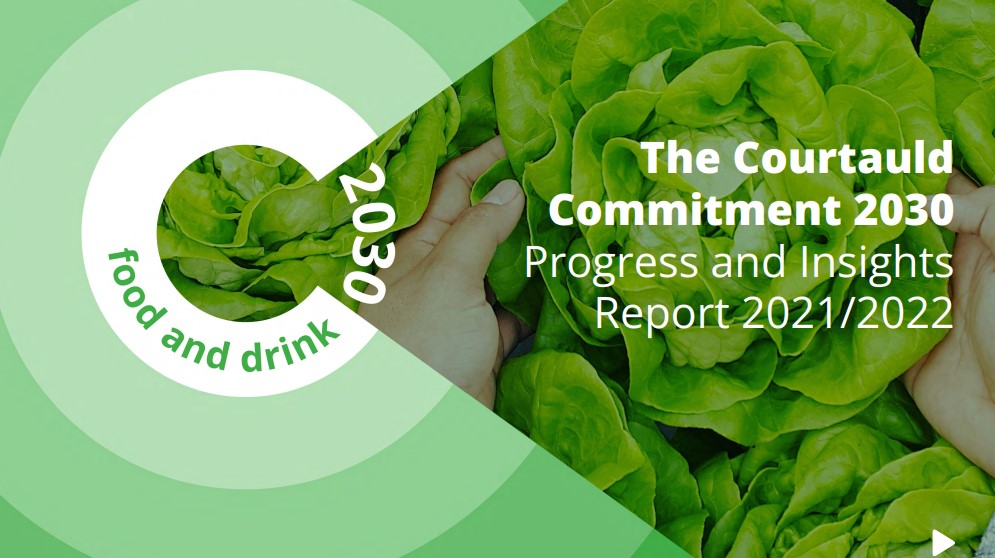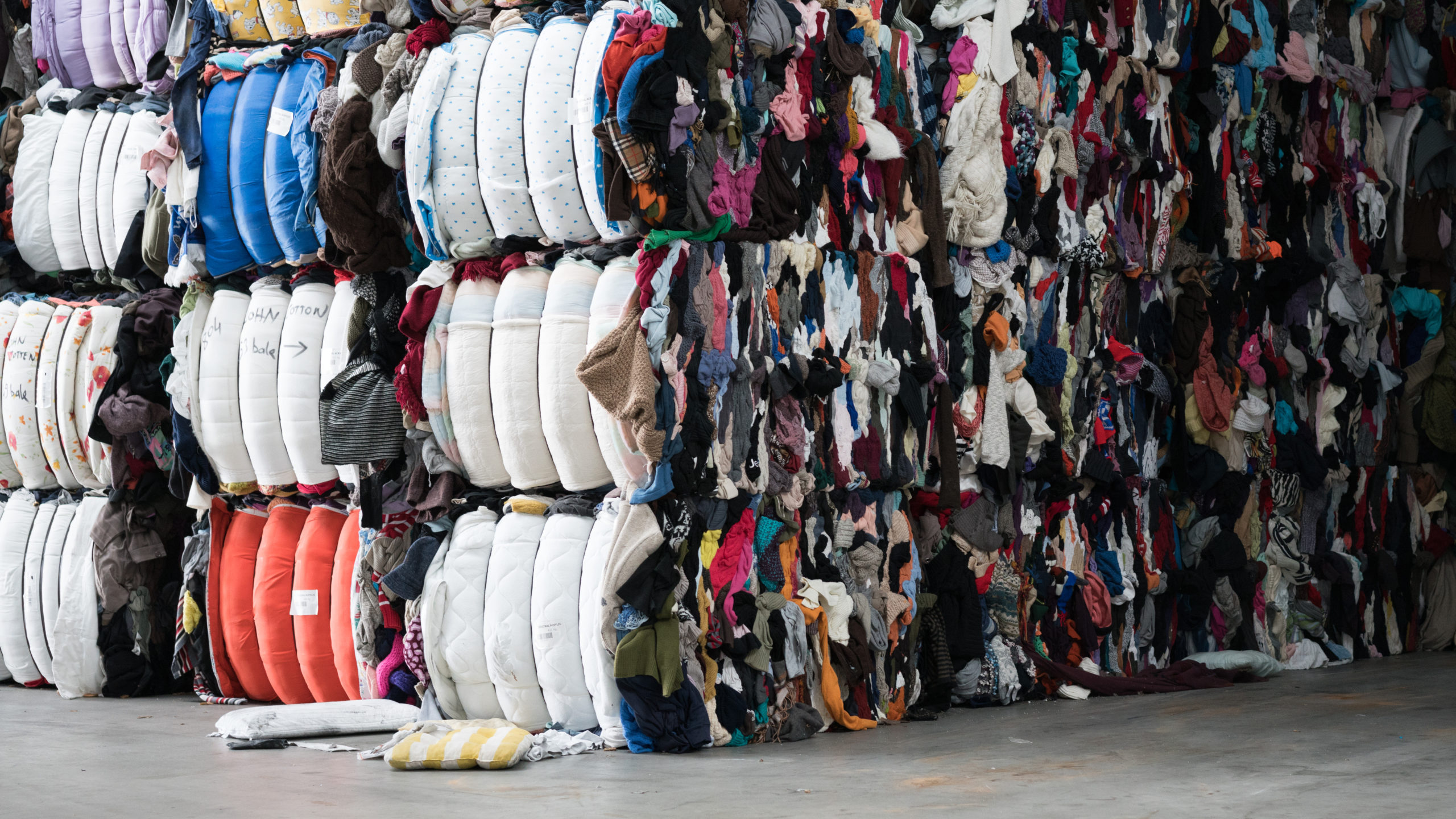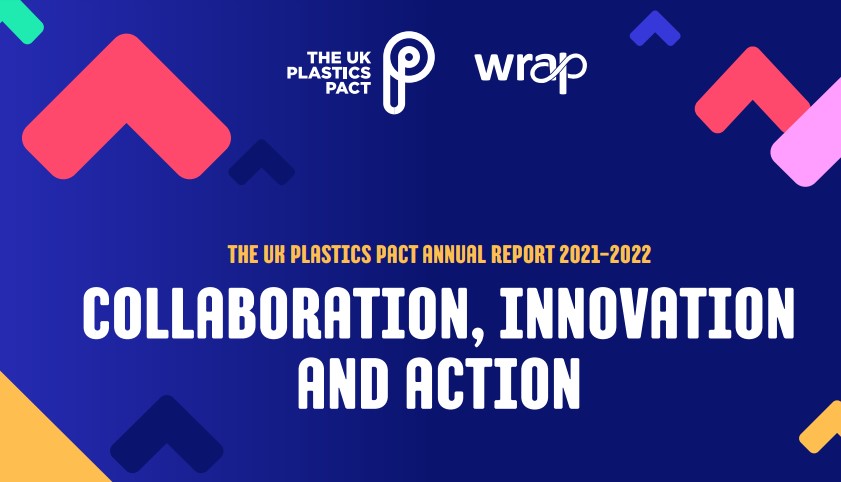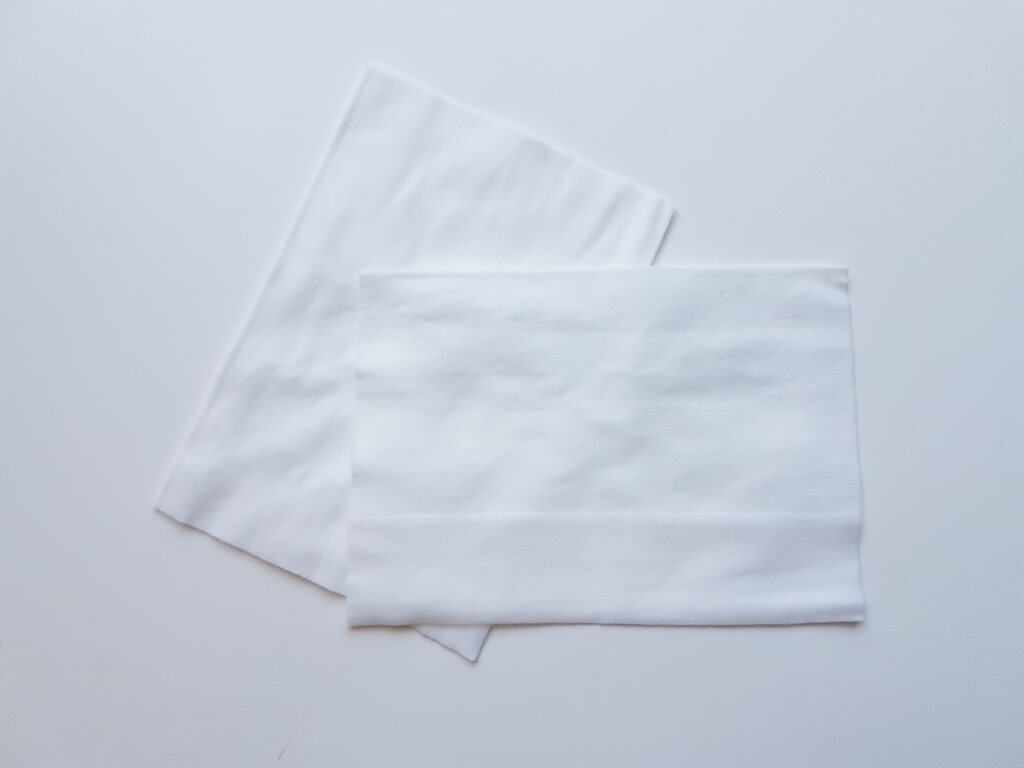The “climate action NGO” published three progress reports today for the UK Plastics Pact, Courtauld Commitment 2030 and Textiles 2030. All three show elements of businesses making some progress towards some targets but still missing many.
For example, there has been a 57% reduction in “problematic and unnecessary plastics” between 2018 and 2021, against a target of complete elimination by 2025 set out in the Plastics Pact.
However, just 50% of all plastic is recycled, a 6% rise since 2018, against a target of 70% by 2025.
Elsewhere, the percentage of wasted food actually grew from 3% to 3.8% since 2018 and there was a 12% reduction in emissions from the food sector, against a 50% target for 2030.
Arguably the worst performing agreement was for textiles. Brands and retailers’ carbon footprint rose by 4.4% and water usage rose by 1%, against a reduction target of 50% and 30% respectively.
Today’s reports show the mountain we need to climb
- Catherine David, WRAP
‘Not on track’
Catherine David, director of collaboration and change at WRAP, said: “COP27 made it clear that we are not on track to mitigate the worst impacts of the climate crisis. Accelerating action by businesses is paramount.”
She added: “The businesses signed up to our agreements are leading the way in transforming the food, textiles and plastic packaging sectors, demonstrating what is possible, and helping inform government’s thinking on needed regulatory levers.
“Today’s reports show the mountain we need to climb, and we call on all businesses to join us on this journey and be part of changing our consumption systems in line with a sustainable future.”
Plastics
The UK Plastics Tax was launched in 2018, with some of the largest retailers signing up. It set four targets to hit by 2025:
- To eliminate problematic or unnecessary single-use plastic by 2025 through redesign, innovation or an alternative delivery model
- 100% of plastics packaging should be reusable, recyclable or compostable
- 70% of plastics packaging effectively recycled or composted
- There should be an average of 30% recycled content across all plastic packaging
The progress report for 2020/21 showed there has been an 84% reduction in problematic and unnecessary plastics between 2018 and 2021, with tonnages down by 57% to 9,000 tonnes.
For the second target, 70% of packaging is recyclable today, up from 66% in 2018, while 50% of all plastic packaging is recycled for the third.
Around 22% of plastic packaging contains recycled content, up from 8.5% in just three years.
WRAP said: “The UK Plastics Pact targets were set based on predictions of when key policy instruments, including consistency in recycling collections and extended producer responsibility would be introduced.
“WRAP warns that achieving the ambitious 70% recycling rate for plastic packaging may not be possible without widespread collection of plastic bags and wrapping directly from homes and workplaces, which will not be fully rolled out until 2027.”
Courtauld 2030
The Courtauld agreement is another voluntary initiative and aims to deliver a 50% per capita reduction in food waste by 2030 versus the UK 2007 baseline.

There has been an 8% or 19,000-tonne fall in retail food waste volumes in 2021/22.
However, for producers and manufacturers, total food waste has increased by more than 100,000 tonnes or 9% compared to their individual baselines, which range from 2015 to 2020.
Between 2018 and 2021, food waste as a percentage of total food handled has increased from 3% to 3.8%. “This reflects the challenges of the past few years as well as the need for more businesses to commit to delivering ‘Target, Measure, Act’ in their operations,” WRAP said.
The agreement also aims deliver a 50% absolute reduction in greenhouse gas emissions associated with food and drink consumed in the UK against a 2015 baseline by 2030.
Since 2015, there has been 12% reduction in emissions associated with UK food and drink consumption.
A full update report on the progress of the water roadmap will be published in 2023, WRAP says.
The climate action NGO stated: “Crucially, while reductions in food waste continue in the supply chain, the NGO stresses the need for expanded action through its Target, Measure, Act approach, with the hospitality sector facing significant challenges and measurement and reporting critical to its success.”
Textiles
The Textiles 2030 scheme followed on from a previous WRAP initiative and saw a direct target for waste reduction dropped.

This came after the previous Sustainable Clothing Action Plan, launched in 2012, missed it 15% waste reduction target for 2020. A 4% reduction was recorded.
Instead, targets for emission reductions and water usage were set.
WRAP warned in the progress report that the environmental footprint for the textiles and clothing industry is currently “moving in the wrong direction, fuelled by enormous consumption rates”.
Data from Textiles 2030’s first year reveals that in 2021 brands and retailers’ carbon footprint rose by 4.4% and water rose by 1%.










Subscribe for free